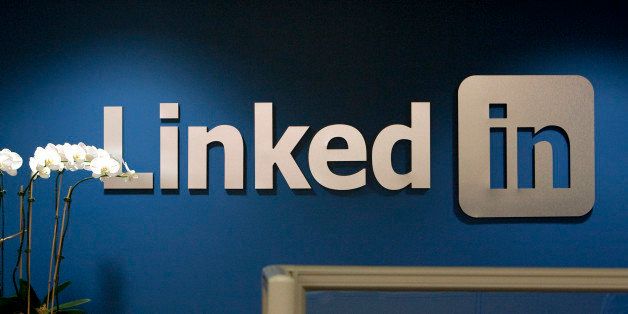Kathleen Miles is the executive editor and cofounder of Noema Magazine. She can be reached on Twitter at @mileskathleen.
Four individuals have filed a lawsuit against the professional networking site LinkedIn for “hacking” into their email accounts in order to send invitations to their friends.
The plaintiffs say that while they knew LinkedIn asks for users’ emails, the site does not make clear that it will bombard those users’ friends with up to three email invitations. The lawsuit, filed in the U.S. District Court in San Jose, Calif., alleges that LinkedIn violates the federal wiretap law as well as California privacy laws.
“For years, people have been complaining about LinkedIn’s emails,” Larry Russ, an attorney for the plaintiffs, told The Huffington Post. “This lawsuit is squarely directed at the marketing practices causing the public outrage.”
The suit alleges that it is unlawful to send advertising emails, which give the impression that the member is endorsing LinkedIn, without the member’s consent. It seeks to ban the practice and get financial awards of restitution for members.
The four plaintiffs in the case are Paul Perkins, a New York resident and former manager of international advertising sales for The New York Times; Ann Brandwein, a statistics professor at Baruch College in New York; Erin Eggers, a film producer and former vice-president of Morgan Creek Productions in LA; and Pennie Sempell, a lawyer and author in San Francisco.
They are seeking class-action status, with the hope of defining the plaintiff class as any member registered with LinkedIn prior to May 15, 2013, whose identity was used in endorsement emails. Russ said that thousands of current or former members could potentially apply for restitution if the class-action suit succeeds.
The suit says there are hundreds of complaints about email “hacking” and spamming on LinkedIn’s site. It quotes several of them.
“This makes me very upset and embarrassed! One of the contacts was a woman I haven’t touched base with for 10 years, and her husband just died – very awkward,” Meg Linker-Estes posted on LinkedIn’s Help Center on July 1. “I am only using Linkedin professionally, to make new job contacts. I CANNOT afford to be embarrassed like this.”
“Good to know I’m not the only one being hacked by linkedin, but extremely upset at the repercussions,” Robin Epstein posted on April 21. “one of the people on my contact list is mentally ill and the last thing I wanted was to invite her to be my connection on linkedin.”
More complaints can be seen here, here and here.
LinkedIn disputes the claim that it is breaking the law. “LinkedIn is committed to putting our members first, which includes being transparent about how we protect and utilize our members’ data,” LinkedIn spokesperson Doug Madey said in a statement. “We believe that the legal claims in this lawsuit are without merit, and we intend to fight it vigorously.”





